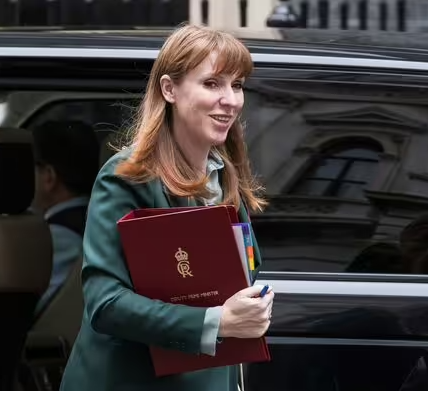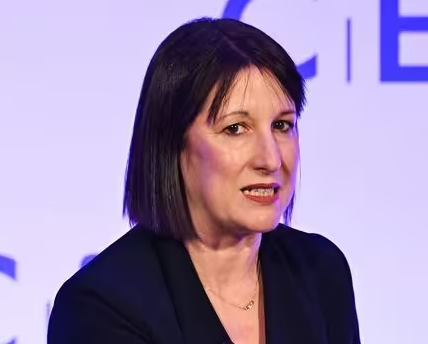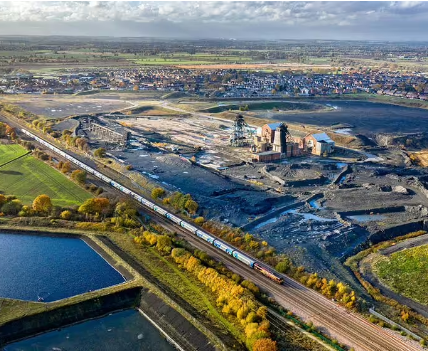The Labour Party Chancellor proposed a new investment zone in the East Midlands and five new freeports.

Rachel Reeves will copy the Tories’ post-Brexit plans to boost economic activity. (Image: Getty)
Rachel Reeves will copy the Tories’ post-Brexit plans to boost economic activity by announcing a new investment zone in the East Midlands and five new freeports.
The latter aims to create economic activity – like trade, investment and jobs – near shipping ports or airports.
Goods imported into freeports are exempt from taxes, called tariffs, that are normally paid to the UK government.
Labour will now capitalise on the Brexit benefit revived by Rishi Sunak when he was Chancellor in 2021 with its announcement at the Budget next week.
Sir Keir said: “Economic growth is the number one mission of this government, measured in living standards going up, and people feeling better off, in well paid jobs across every part of the United Kingdom.
“Targeted programmes that attract investment and generate jobs and growth for local people, underpinned by our industrial strategy, and the economic stability my government brings, will turbocharge the potential of areas across the country.
“I have always said I will look at whatever will deliver for working people, with no ideological lens. So yes, freeports were a scheme we inherited, but when combined with Labour’s laser focus on growth generated from the ground up, we will maximise their potential.
“My government is rewiring how and where growth is generated to secure investment and create good jobs for working people.”
Freeports are allowed in the European Union – with about 80 sites based in EU countries.
But some Brexit-backing politicians, including Mr Sunak, had previously argued the EU’s state aid rules restricted the benefits that can be offered to businesses based inside the sites.
Speaking last year, Mr Sunak said: “I introduced freeports – a Brexit benefit around the country attracting jobs and investment to lots of different places.”
Manufacturers in freeports can import raw materials tariff-free, only paying tariffs on finished products leaving the site for elsewhere in the UK.
Or the goods can be re-exported overseas without UK duties being paid.
Companies inside the sites will also be able to claim lower property taxes, including on new buildings they buy.
Firms also benefit from lower rates of national insurance – a tax paid on employees’ wages – if they take on new staff.



